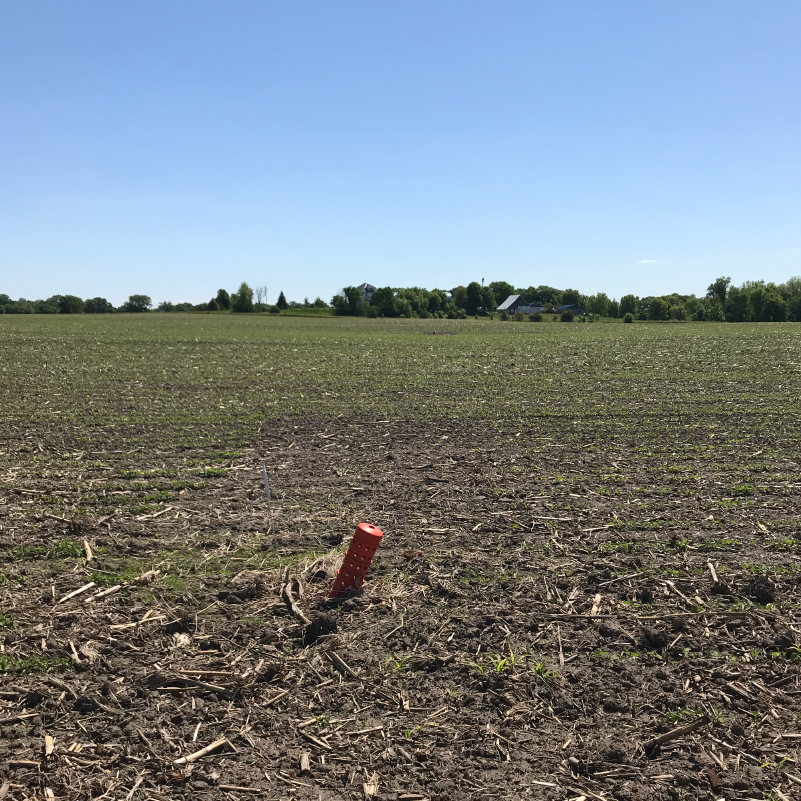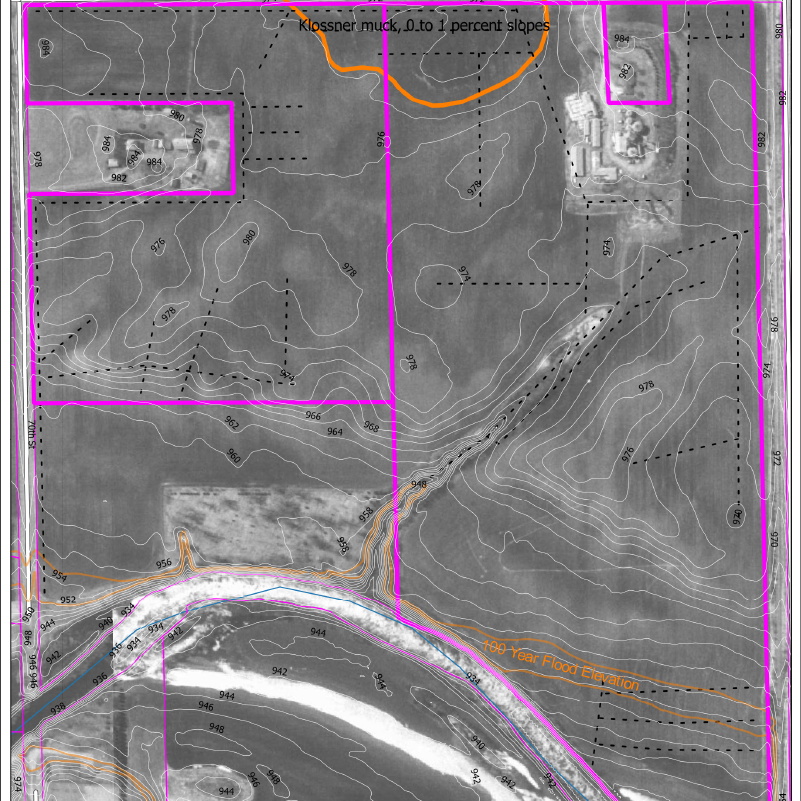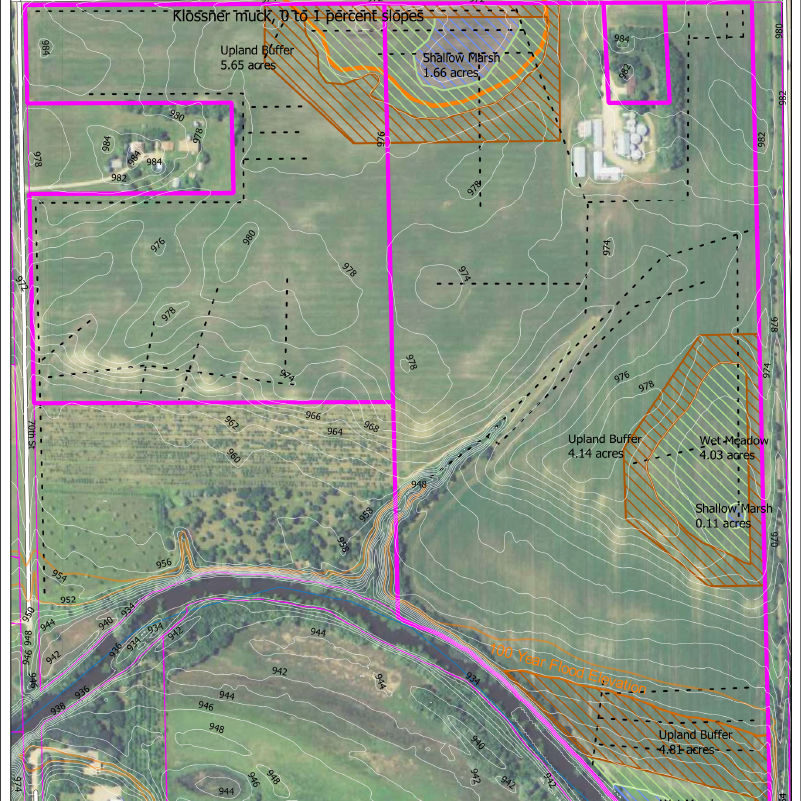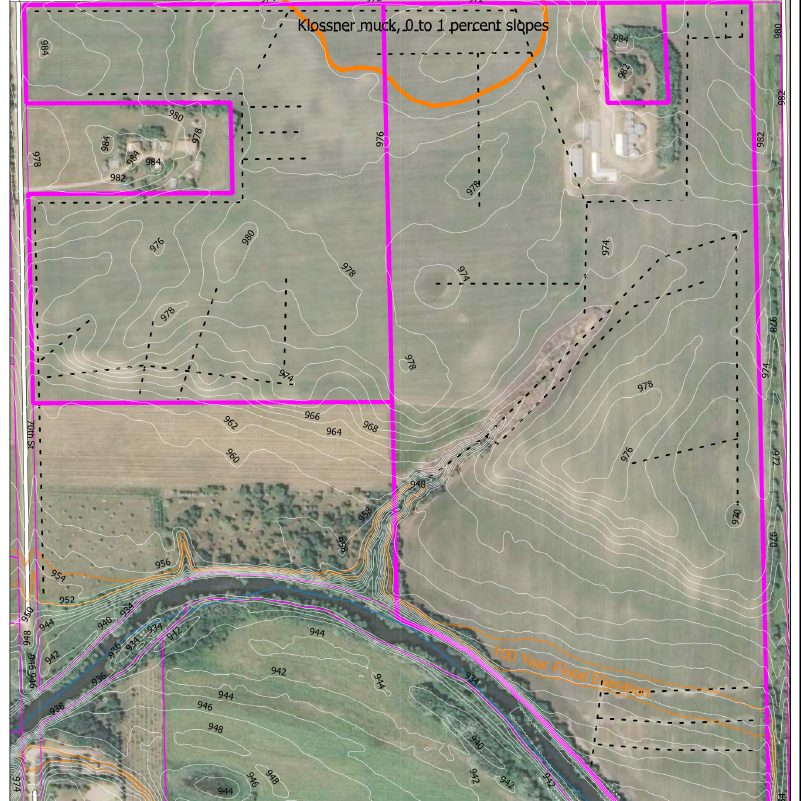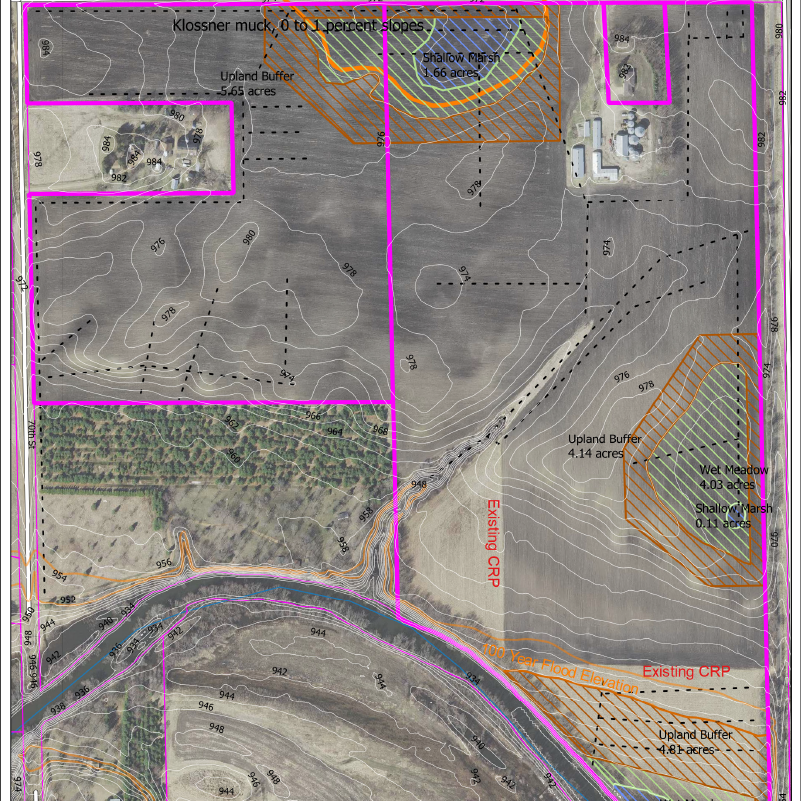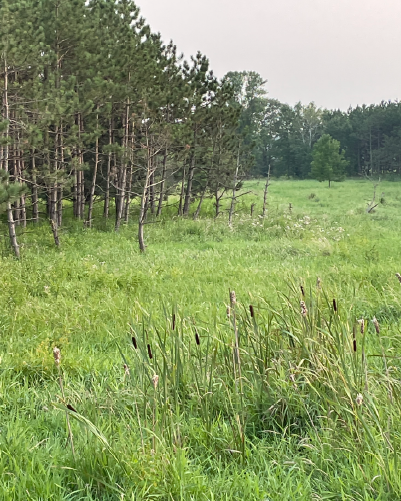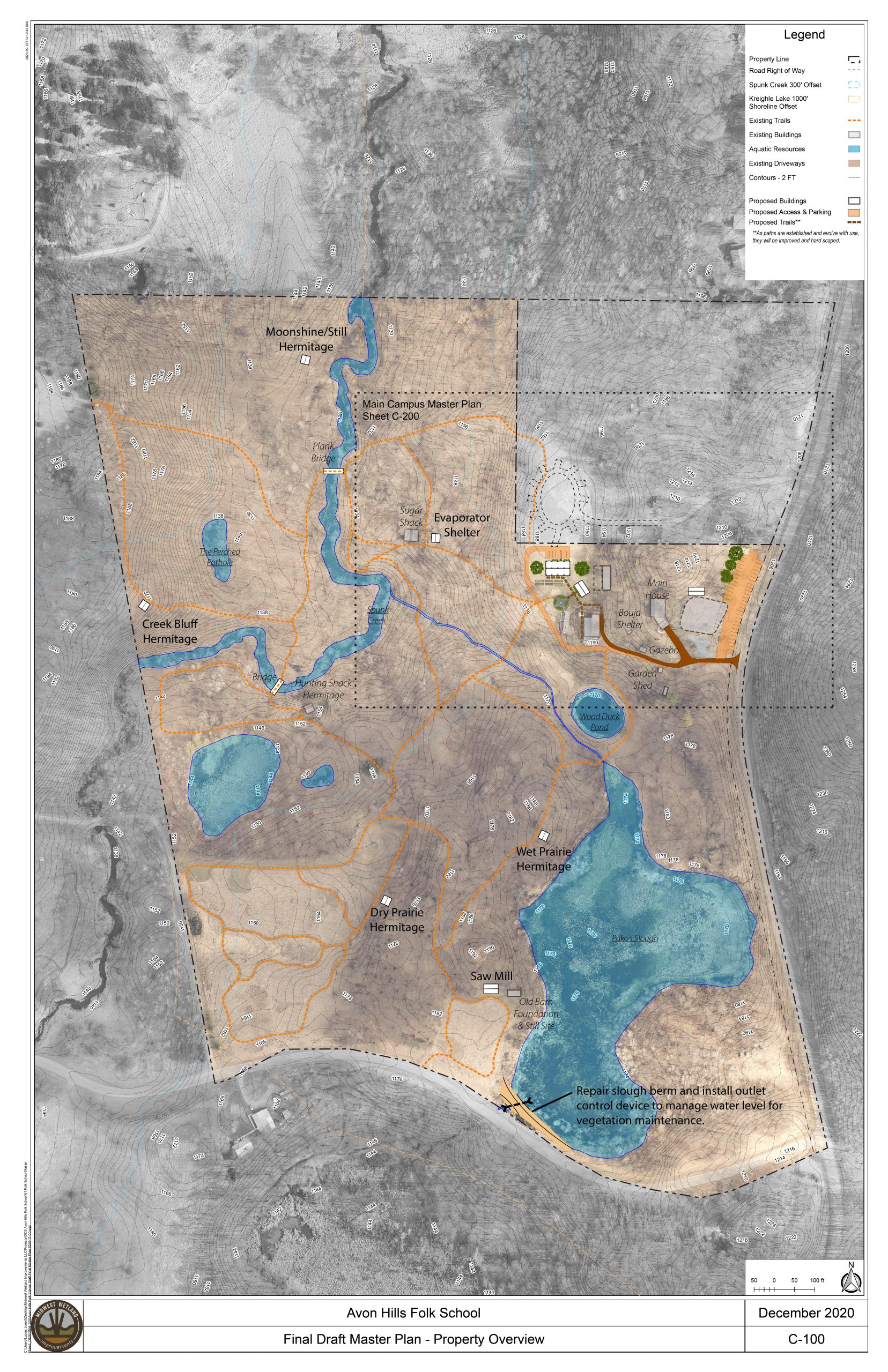Projects
Midwest Wetland Improvements works with private landowners and public agencies to evaluate, plan and design ecological restoration projects for water-centric habitats on their properties.
Wetland mitigation banking
private landowner in Minnesota
Our client was interested in evaluating his properties for wetland mitigation banking potential. We provided a summary of the credit potential for each property, including design and construction costs, and estimated potential credit sales.
We also ranked each property on the likelihood of regulatory approval, probability of success to complete, manage and maintain the mitigation bank, as well as the estimated value for the credits based on current market data. When approved to move forward with pursuing the credits for each property, we will prepare the prospectus and mitigation bank application, develop plans, pursue permit approvals, and oversee construction for the projects.
Property evaluation
private landowner in Wisconsin
This property owner had an agriculture field located next to a drainage ditch that was consistently wet. We evaluated the land for wildlife habitat, stream, and ecological restoration options, discovering an option to do all with a hybrid stormwater solution consisting of an outlet control structure, wet pond, shallow marsh wetlands, and wet meadows.
There is potential this proposal could also provide water quality benefit to the watershed by removing excess nutrients currently coming from upstream stormwater runoff. We prepared a feasibility report for the landowner to share with regulatory agencies and are waiting feedback from both the state DNR and the county soil and water conservation district.
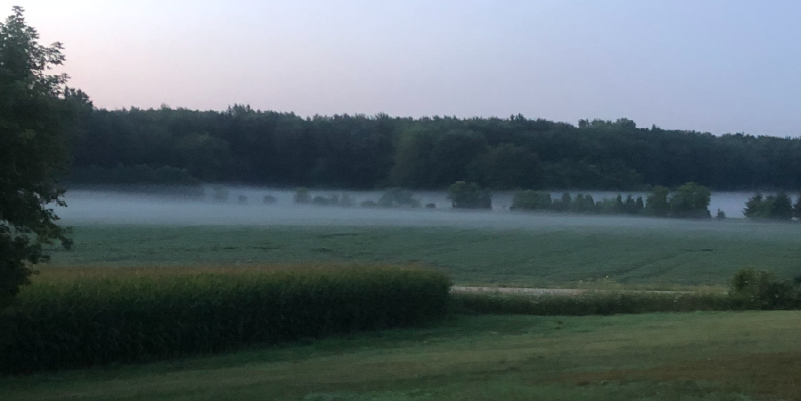
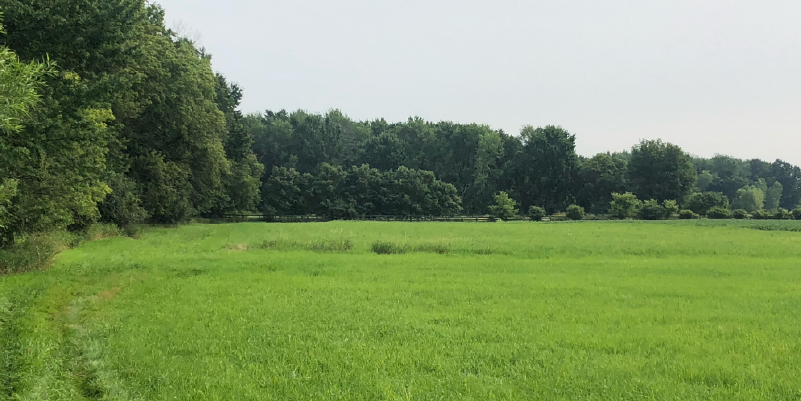
Stream & Ecological restoration
Doran Creek in Breckenridge, Minnesota
Midwest Wetland Improvements partnered with Moore Engineering and provided evaluation, planning, and landscaping design assistance for the rehabilitation of 15-miles of Doran Creek. We completed a field assessment and used the Minnesota Stream Quantification Tool (MNSQT) to calculate existing condition scores for all reaches of the stream.
We used the existing condition scores as the baseline and evaluated proposed improvements to see what impact and amount of change they would have on each reach’s functional feet. These proposed improvements were shared with the design team as a planning tool to design the project reaches to ensure ecological restoration and improve function for the entire riparian corridor.
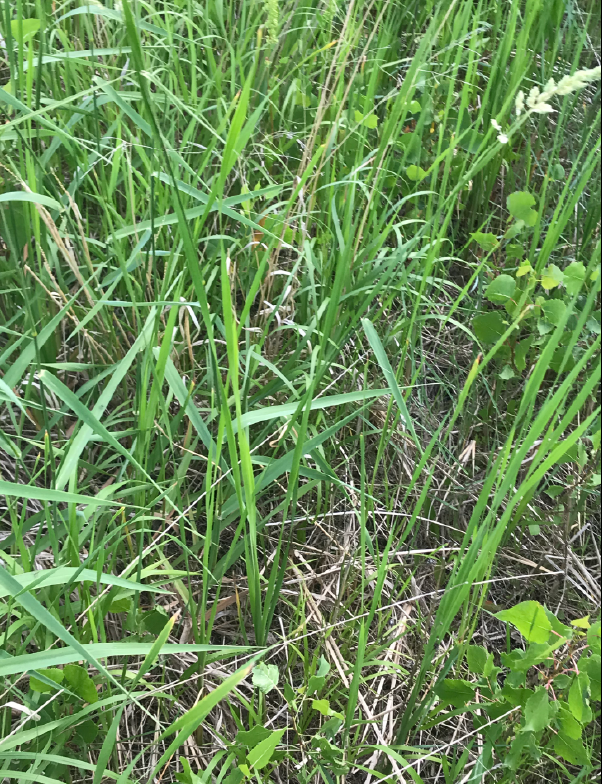
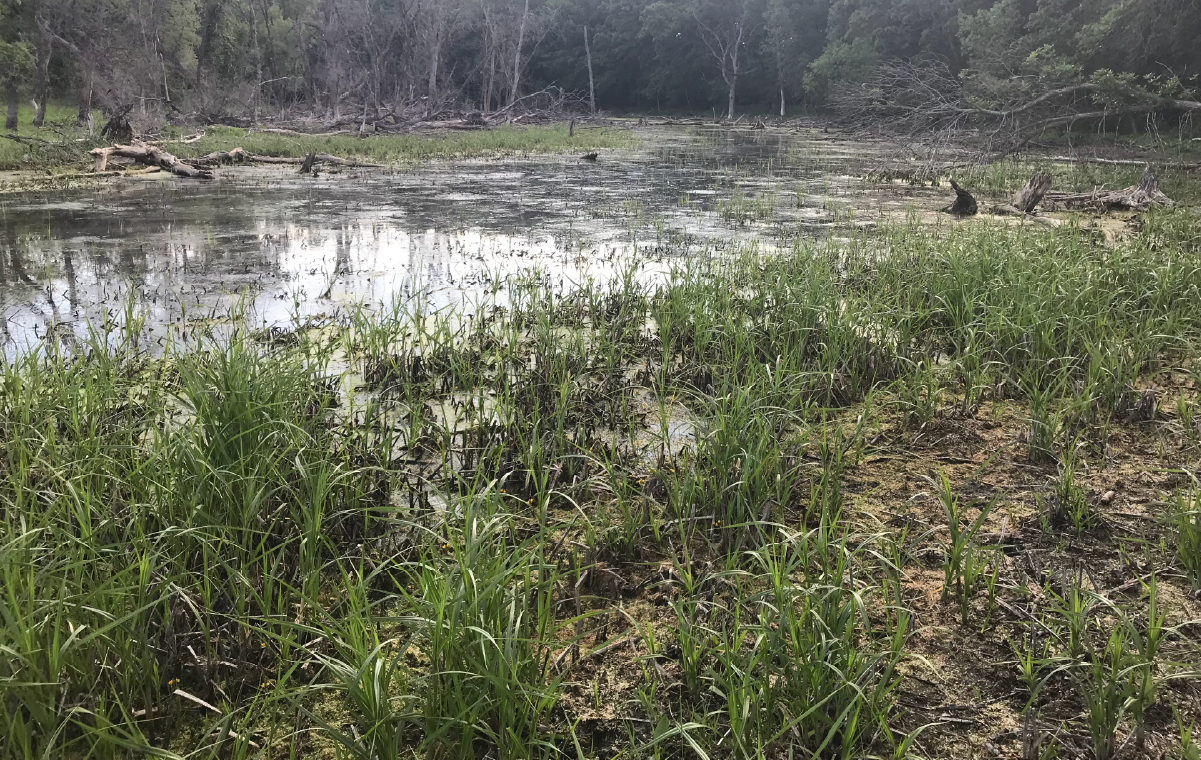
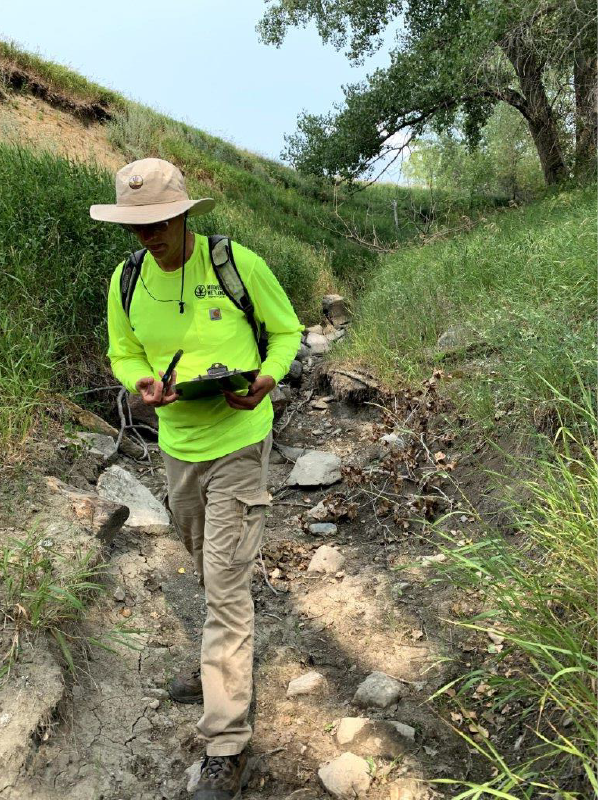
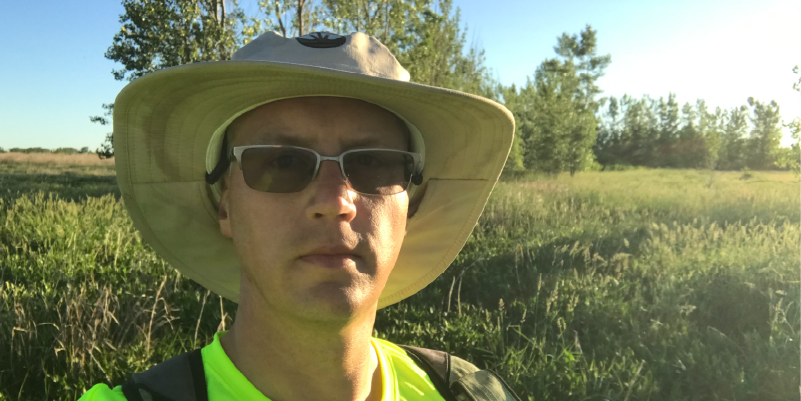
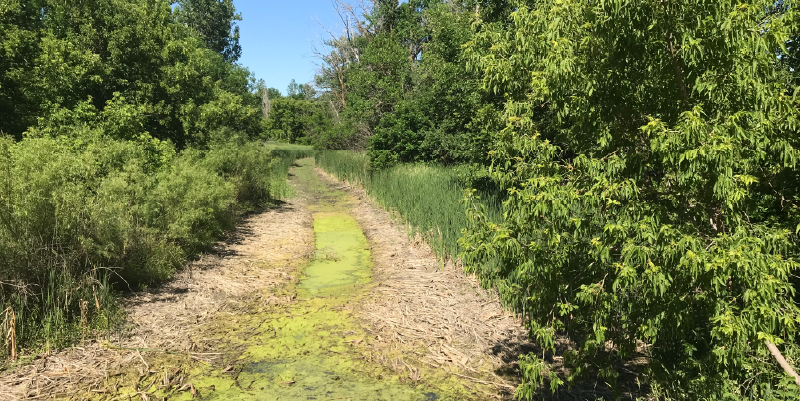
Master plan
Avon Hills Folk School Campus in Minnesota
This new folk school needed an overall campus master plan to organize all the projects they want to do to grow the school. We worked with school staff and the board of directors to inventory existing facilities like Spunk Creek, the shed, the gazebo, and the sugar shack. We also created a list of desired future improvements like raising an 1889 timber frame barn, building a shed for a new maple syrup evaporator, and a future open-air pavilion. From this discussion, several master plan concepts were developed to show the locations of all the projects and evaluate which layouts would best serve the growth of the school and future programming. We then provided a final master plan and road map of how the organization can complete projects with minimal rework or wasted resources in-between phases. The final master plan is currently being used by the organization to apply for and receive several grants for the arts to help promote the folk school, expand curriculum, and improve school grounds.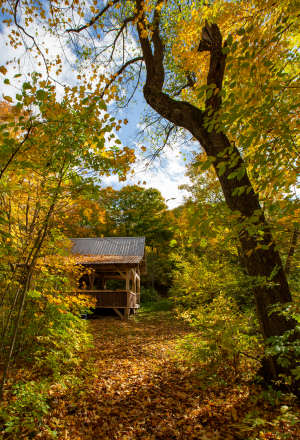
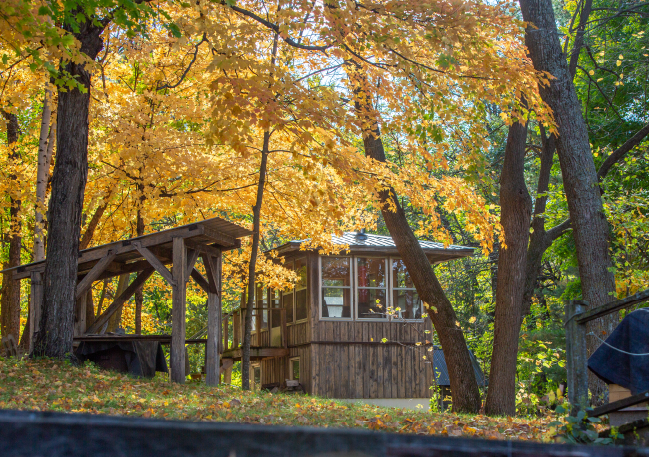
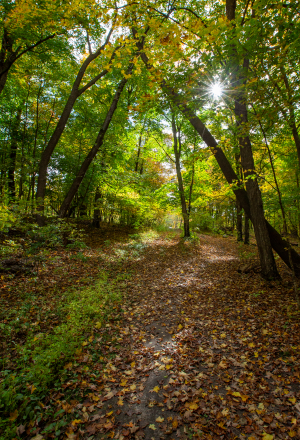
Photos courtesy of Avon Hills Folk School
let’s discuss your project:
call us at 952.261.9990

